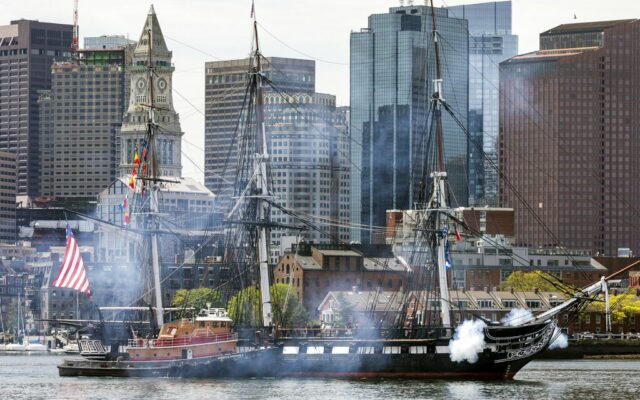Jack’s Books: A Castle, A Pope and A City With No Name

In the 1941 song, “How About You”, which Sinatra recorded 15 years later, he sings:
I like New York in June, how about you?
I like a Gershwin tune, how about you?
I love a fireside when a storm is due
I like potato chips, moonlight, motor trips, how about you?
I’m mad about good books, can’t get my fill
And James Durantes looks give me a thrill
Holding hands in the movie show
When all the lights are low may not be new
But I like it, how about you?
I like all of those things, but you can probably guess my favorite. Lately, I’ve re-read a couple of classics and others for the first time.
“The Castle on Sunset: Life, Death, Love Art and Scandal at Hollywood’s Chateau Marmont” by Shawn Levy (2019) A gossipy, easy-to-read history of a famous place that started its life as luxury apartments, transformed by the Depression into a hotel. A series of owners put the Marmont through lean times, the 1982 death there of John Belushi put it in the headlines, but through the decades, it was as much a part of the movie colony as the studios or Schwab’s.
“Killing Rain” by Barry Eisler (2006) I’m addicted to this series about half-Japanese, half American assassin John Rain. Eisler is the Ian Fleming of the 21st century. Really. Start the series and you won’t stop.
“Dreamland: Nerve Center” by Dale Brown (2002) Brown writes high octane novels with granular detail and authenticity about our modern military. Here, the Air Force has developed ANTARES, an piloting system that ties into the brain for a sort of ESP warfare. No spoilers, but some very, very unintended consequences ensue. If you liked “Top Gun: Maverick”, you’ll feel right at home with Dale Brown.
“Simisola” by Ruth Rendell (1994) In her long Inspector Wexford series, many book reviewers deemed this one the best. Hard to pick just one, but Simisola’s plot of a missing young black woman and how her death leads to a string of other murders is mystery writing at its very best. For its exploration of race and policing, it could have been written yesterday. Wexford and his colleagues are human, imperfect, likeable and always tear the lid off.
“The Dragon King’s Palace” by Laura Joh Rowland (2003) Rowland’s series is about medieval Japan and imperial court intrigue. In a clever invention, Rowland has Sano Ichiro serving as a kind of chief of detectives, except of course that there’s nothing like modern police departments at the time. When you read this series, you get the sensation that Sano is a modern day guy teleported back through the centuries. This device makes the historical and cultural detail, which is ample, easier to handle. Here, Sano is racing to rescue the kidnapping of a traveling party of prominent women, including his own wife.
“All These Condemned” by John MacDonald (1954) (re-read) Mac is our guide to mid-century American life. A polarizing make-up mogul drowns at her weekend cottage, in the company of people who have complicated connections to her, and to each other. Naturally, it wasn’t just a drowning.
“In The Eye of The Storm: A Biography of Gregory the Great” by Sigrid Grabner (2009) Remember Jesus’ story of the young, rich man who asked him how to get to heaven, and was disappointed by the answer that he needed to give everything away to the poor and follow Christ? Well, Gregory did it—twice. One of the first great popes, his life was marked by wanting a monastic life of contemplation but being in demand, by Rome, and later, by his church. Brilliantly written and sensationally inspiring.
“The Last Hurrah” by Edwin O’Connor (1956) Boston and James Michael Curley are never named by the author, but most believe his fictional story of big city mayor Frank Skeffington is definitely about Boston, and possibly referential to Curley, it’s long time political boss. When I read this as a young man, it was the depiction of machine politics that drew me. This time, I enjoyed it even more owing to O’Connor’s narrative device: Skeffington is aging and nearing the last act, so he asks his nephew, Adam Caulfield, to accompany him on his political rounds and campaigning. Caulfield is the “new generation” who don’t have any use for Skeffington. But he comes to a grudging appreciation of his uncle. The question is: will the the new generation of voters?
You Might Also Like



